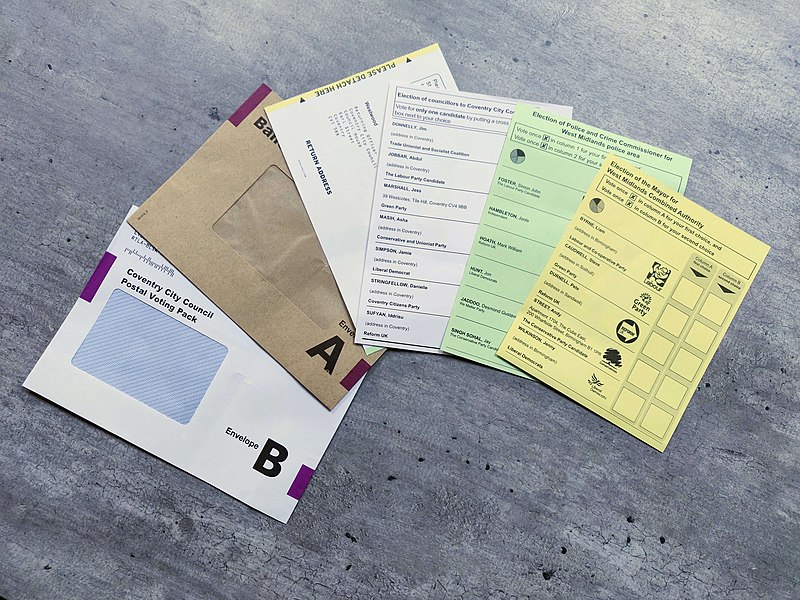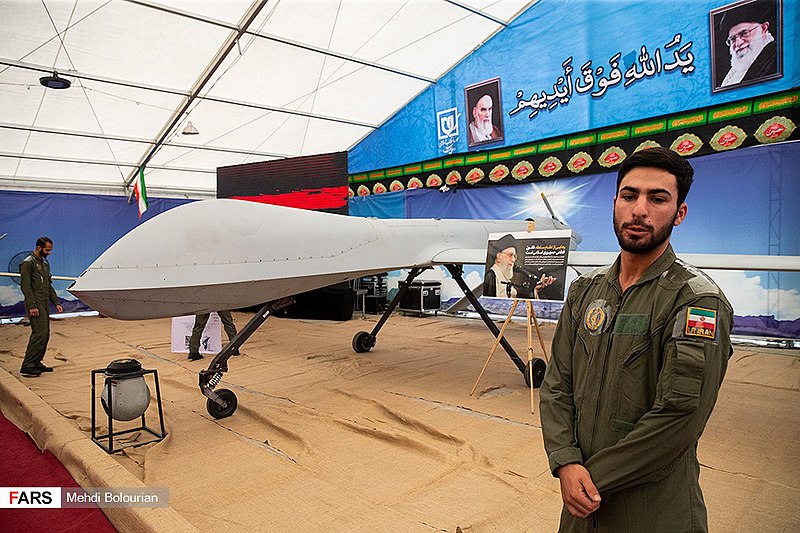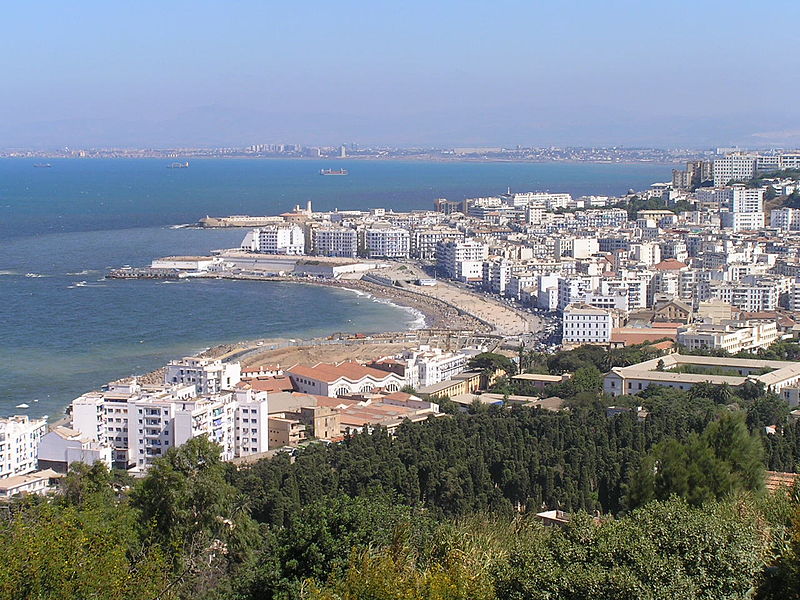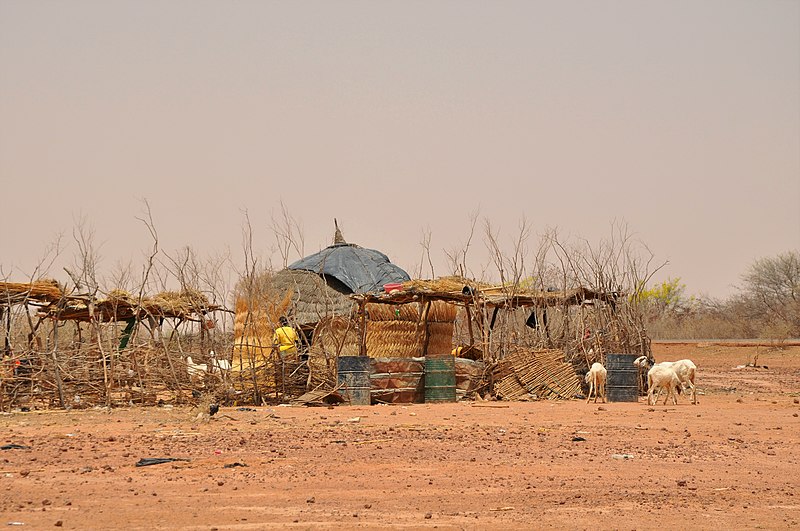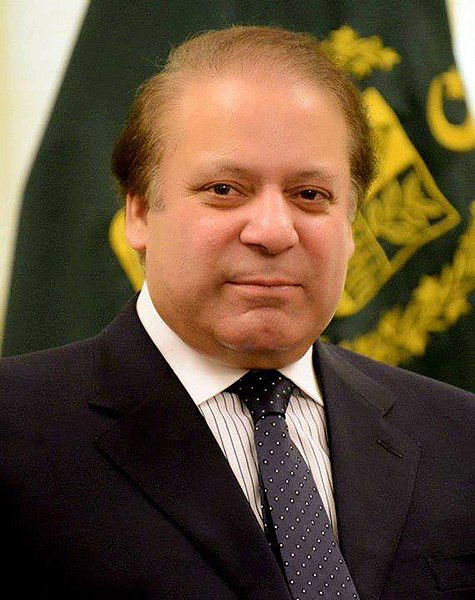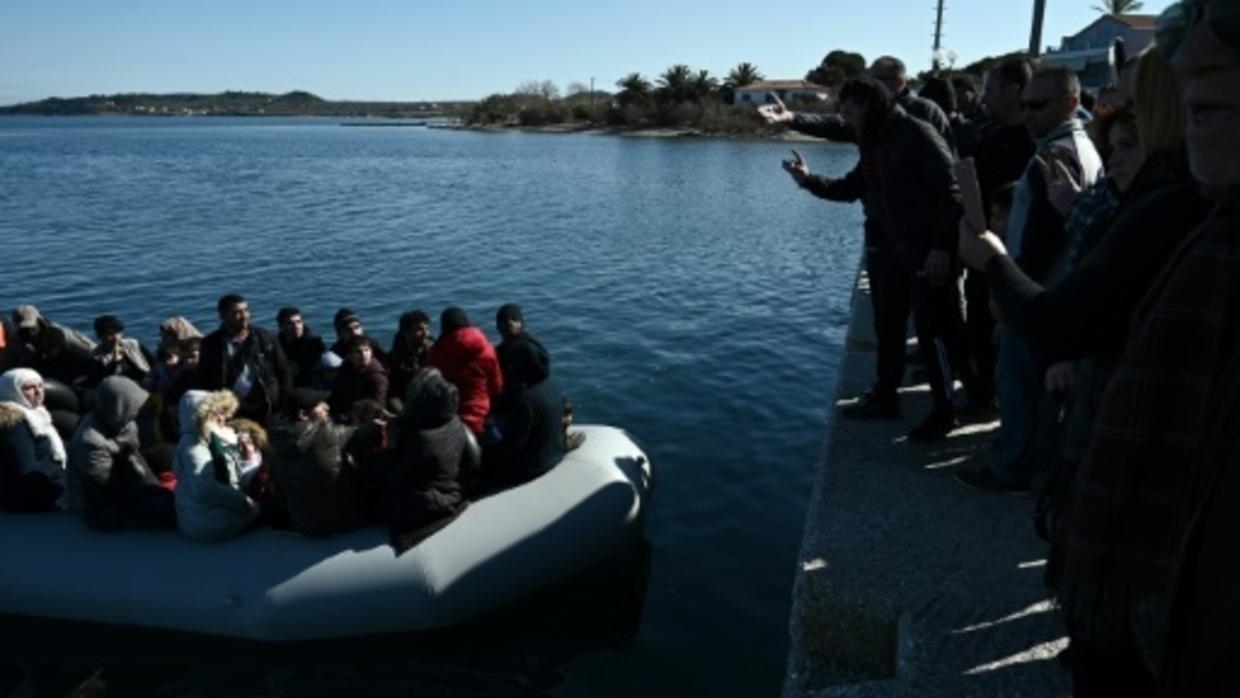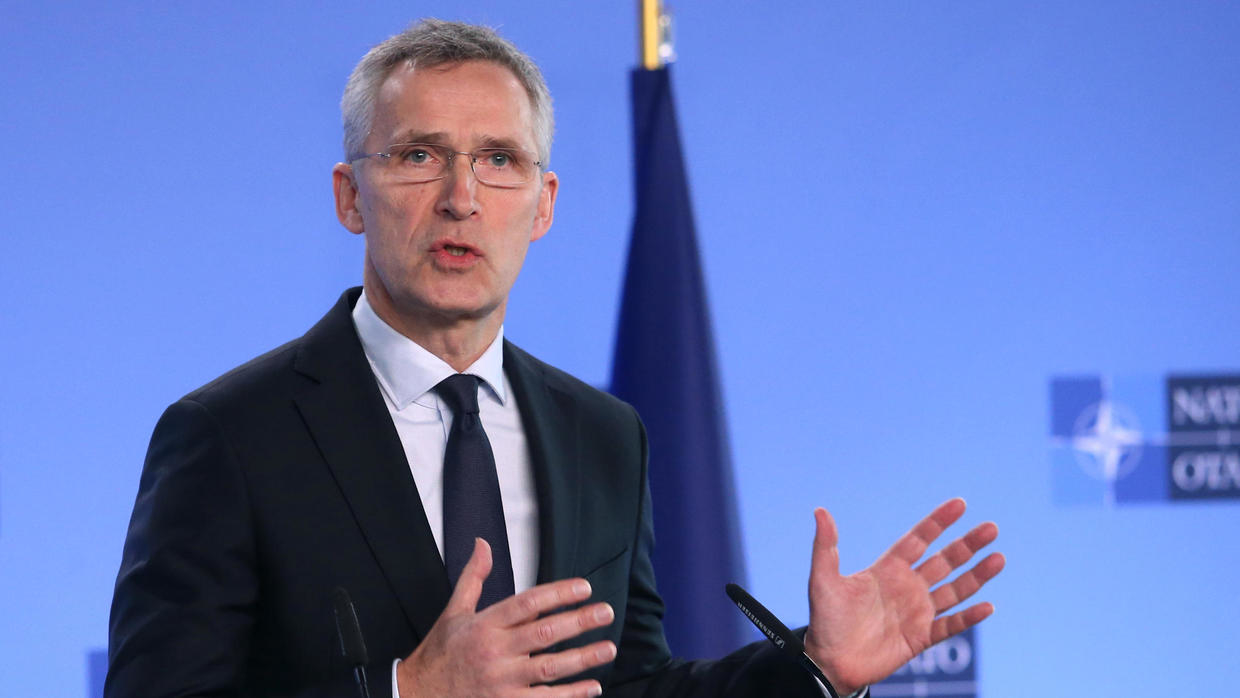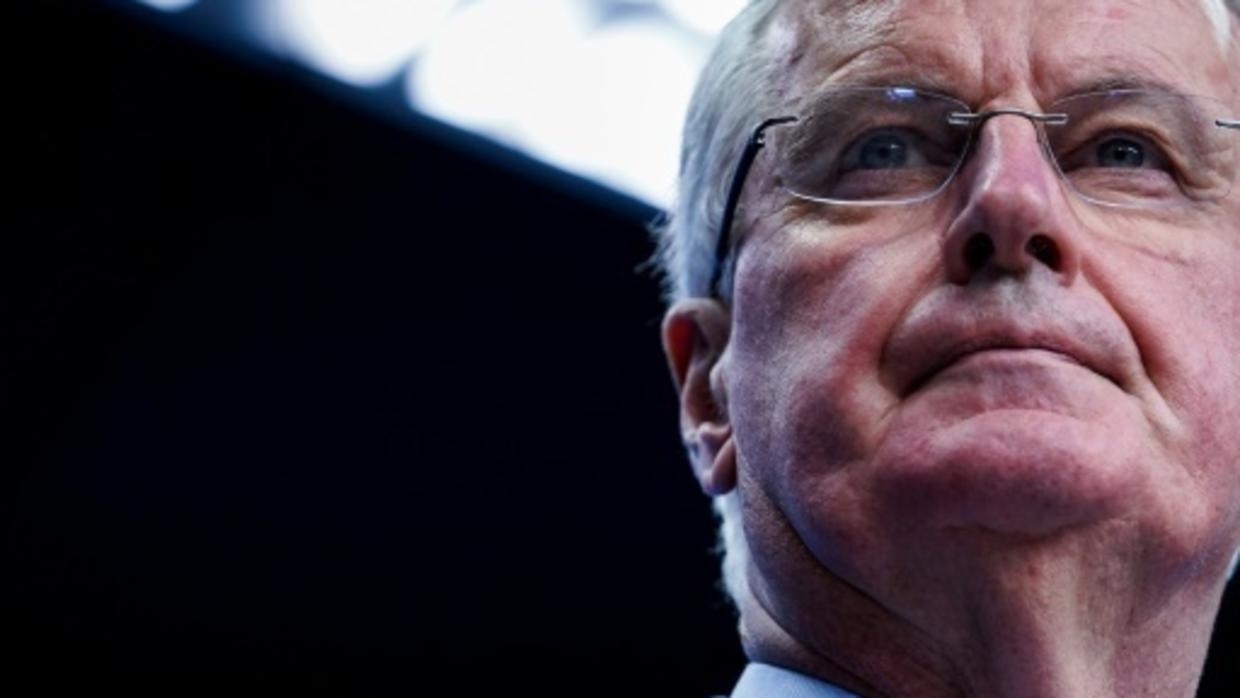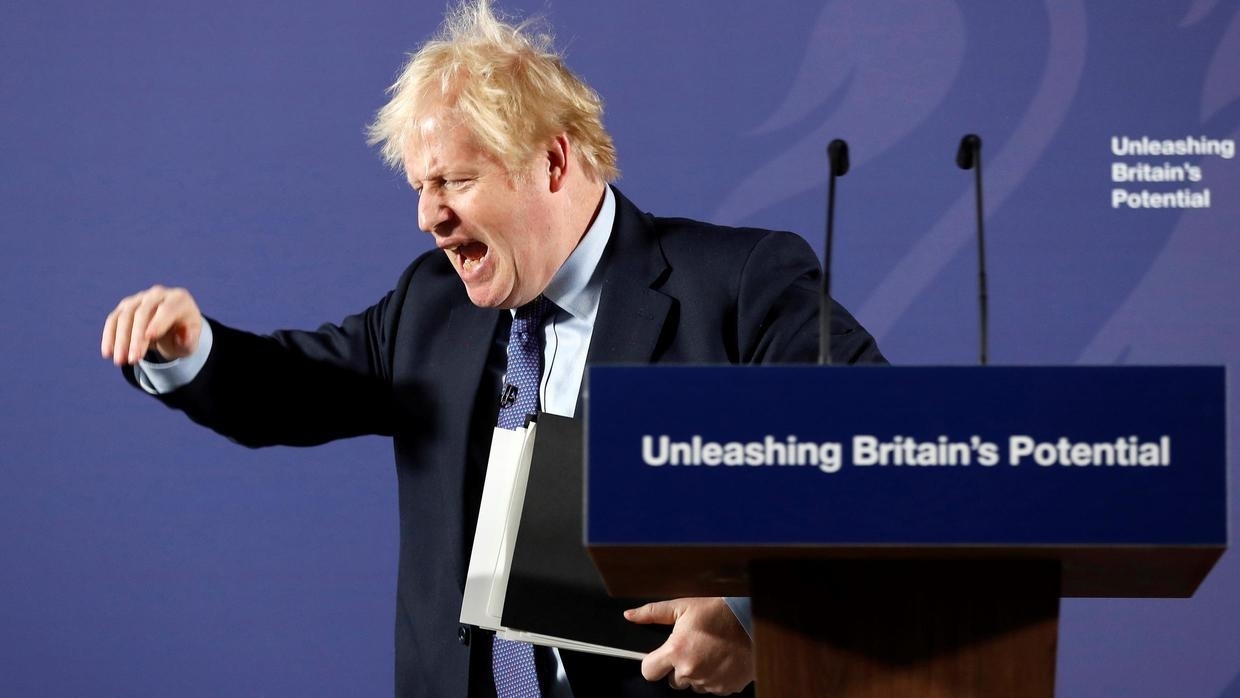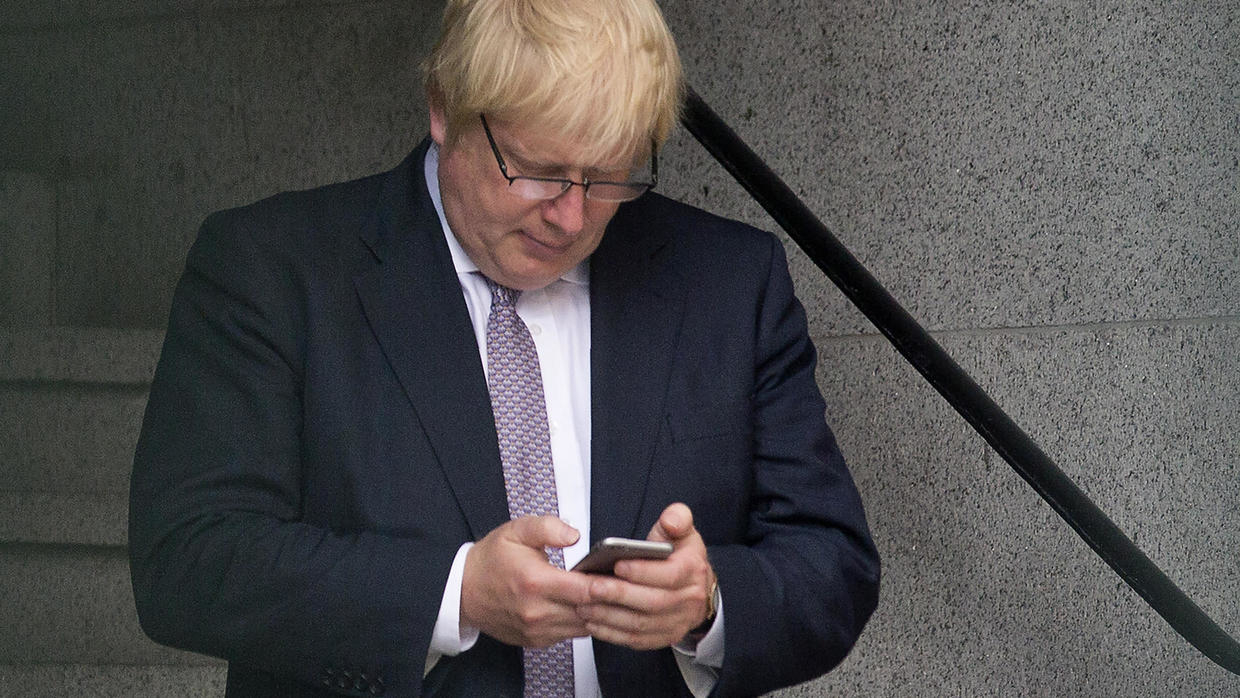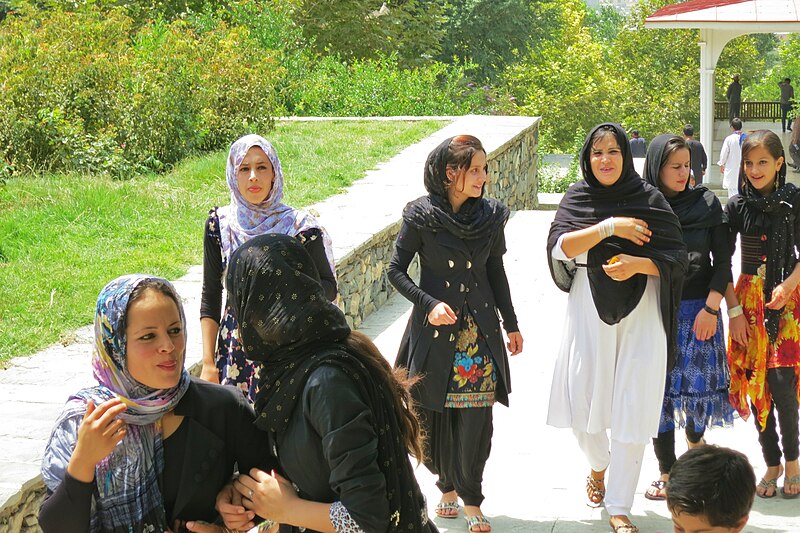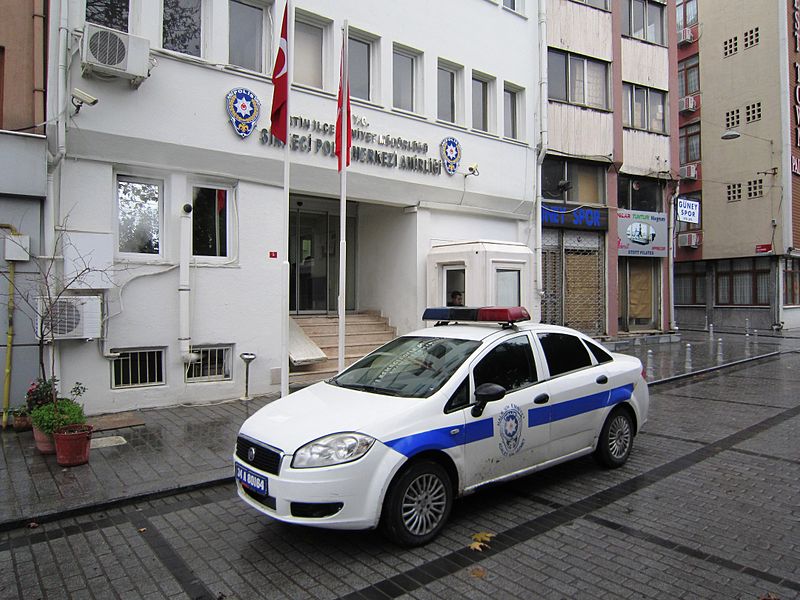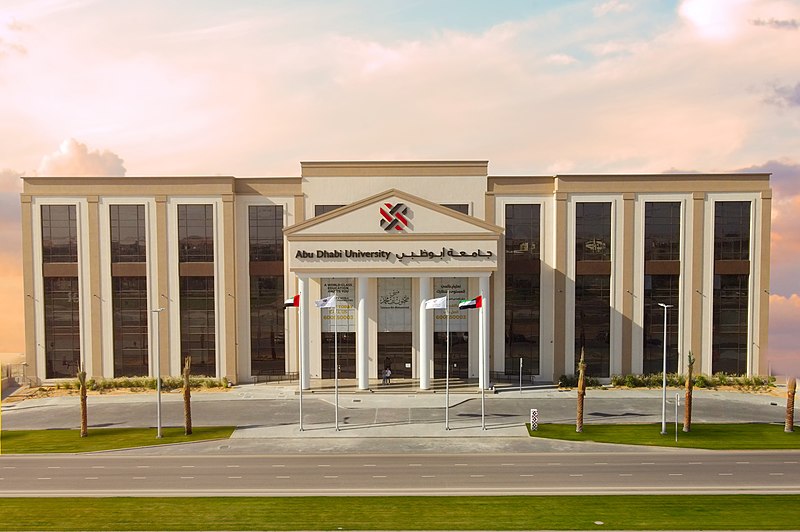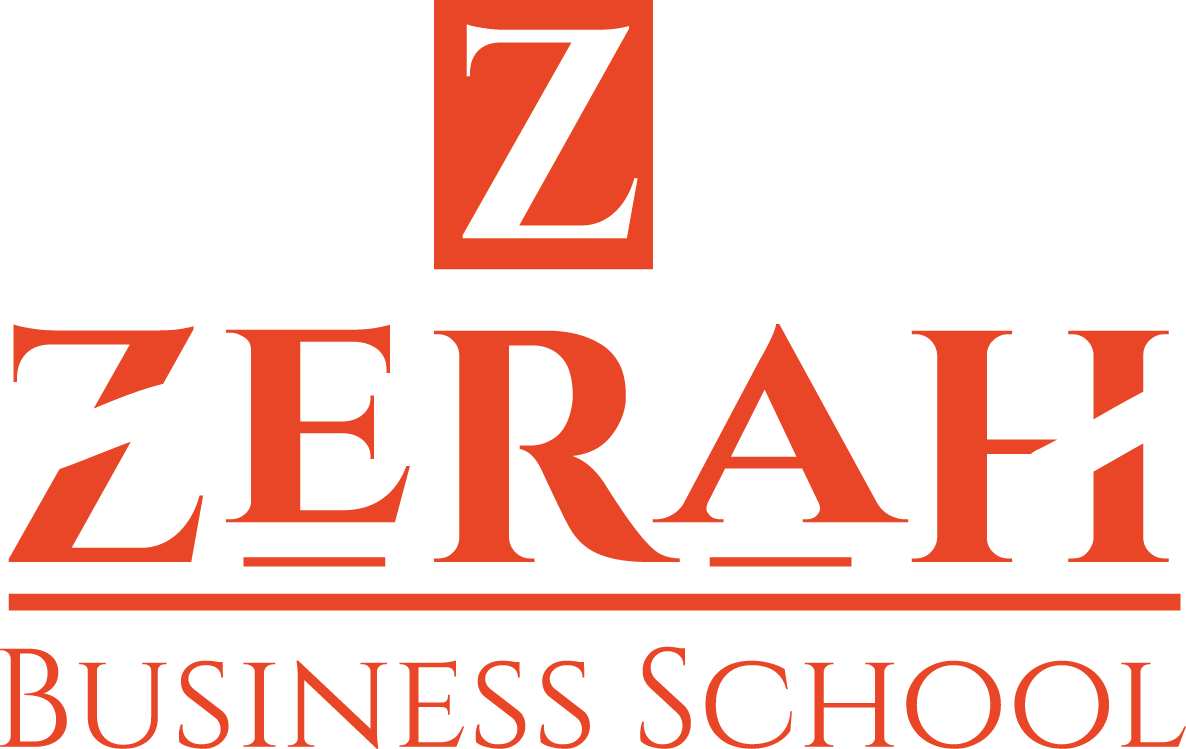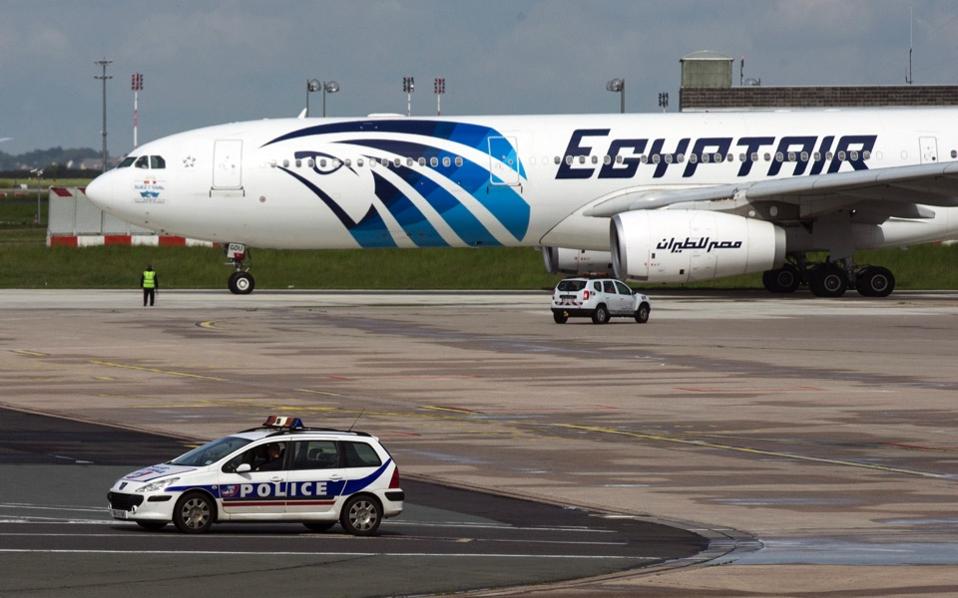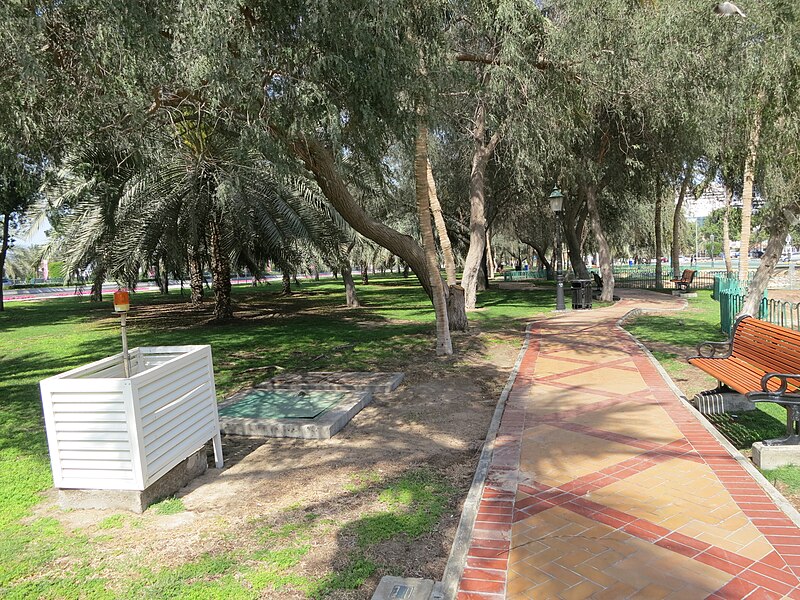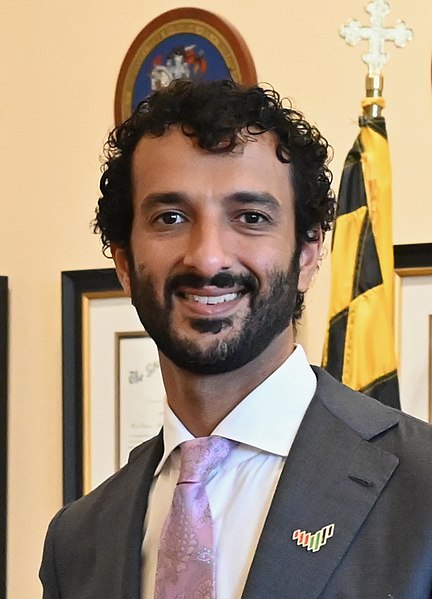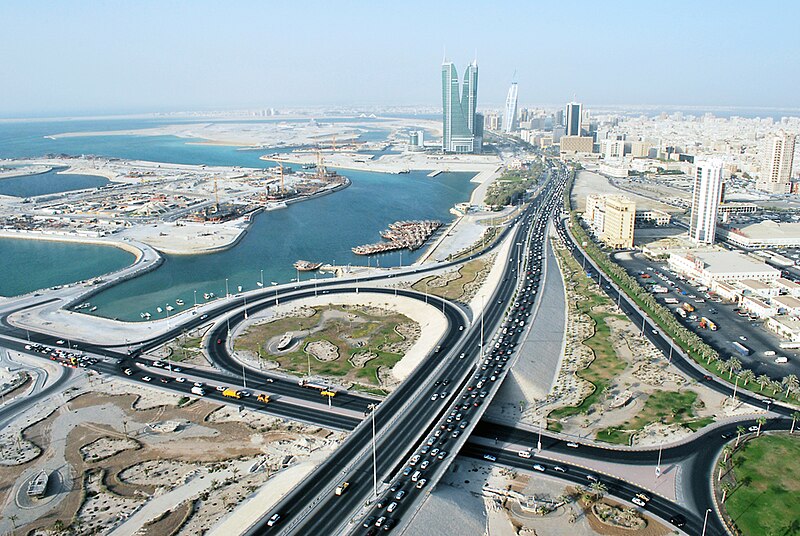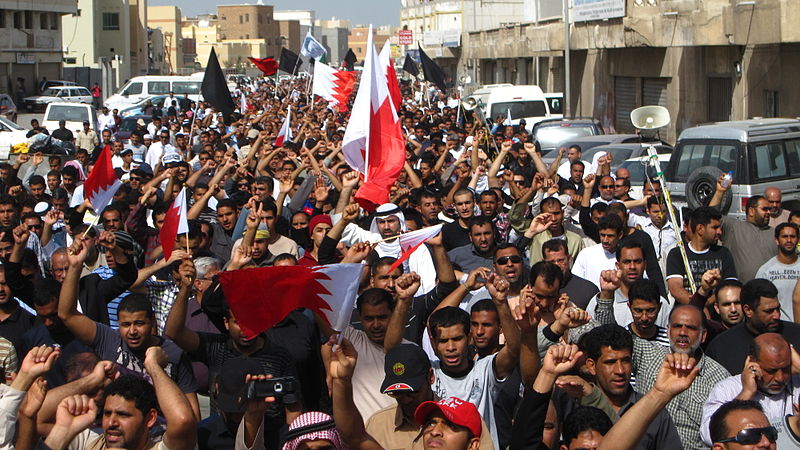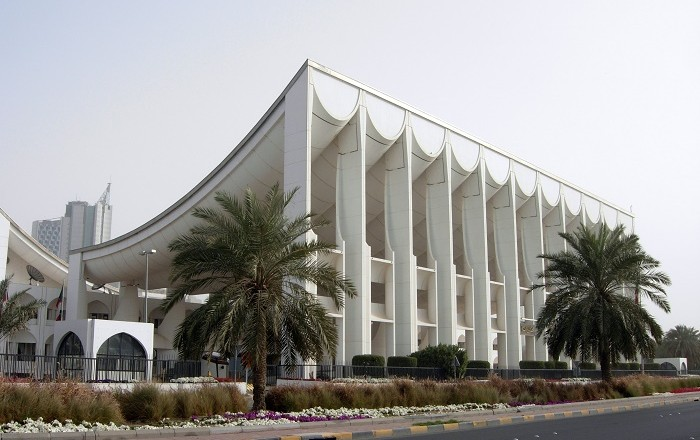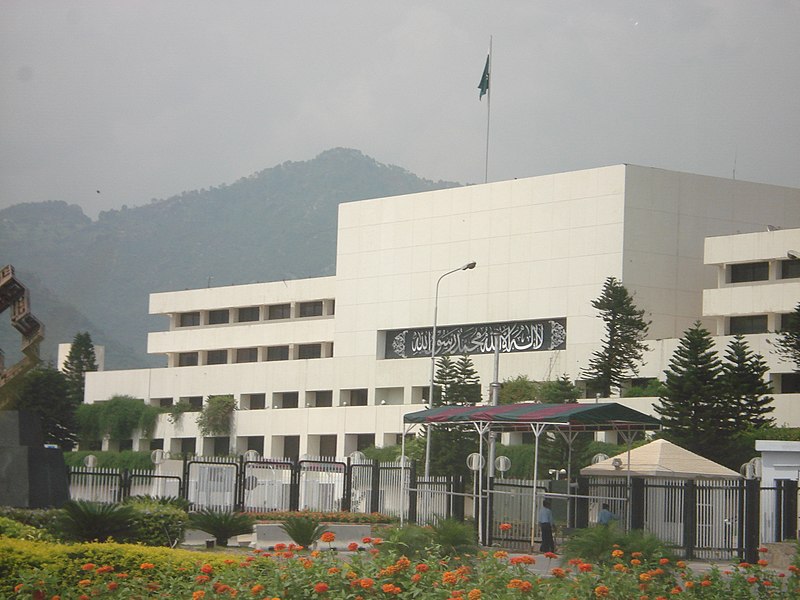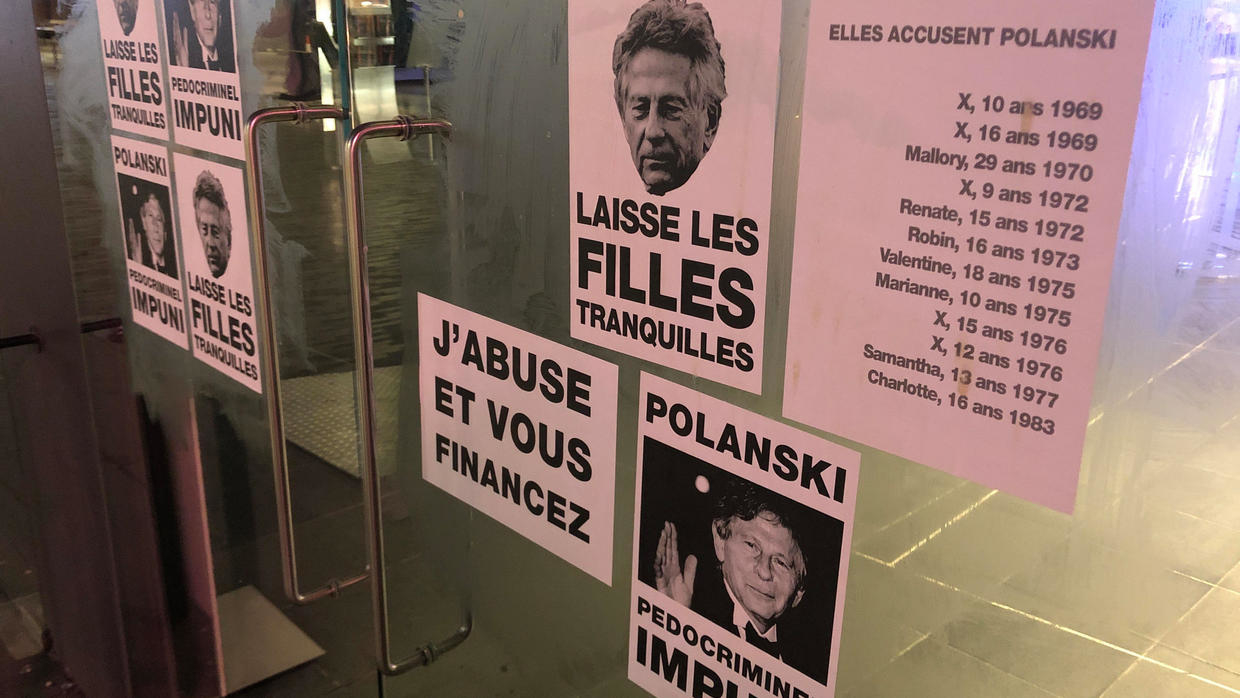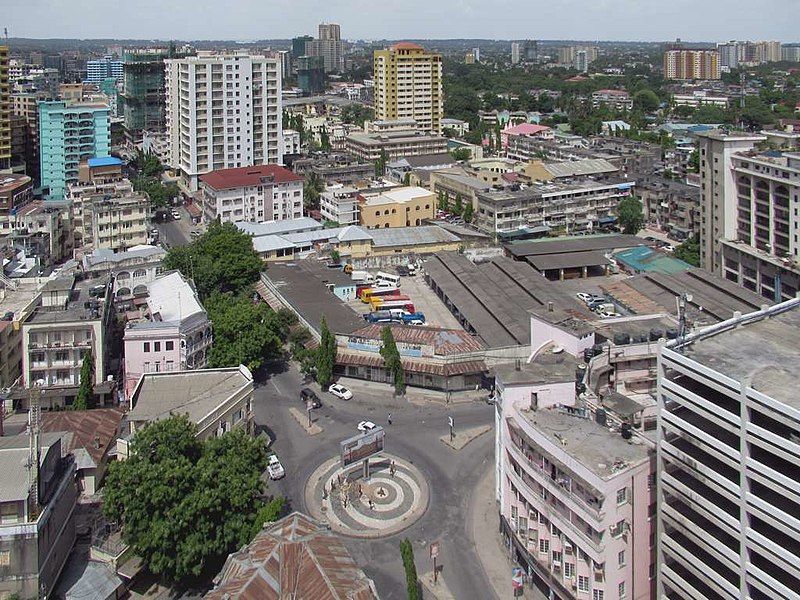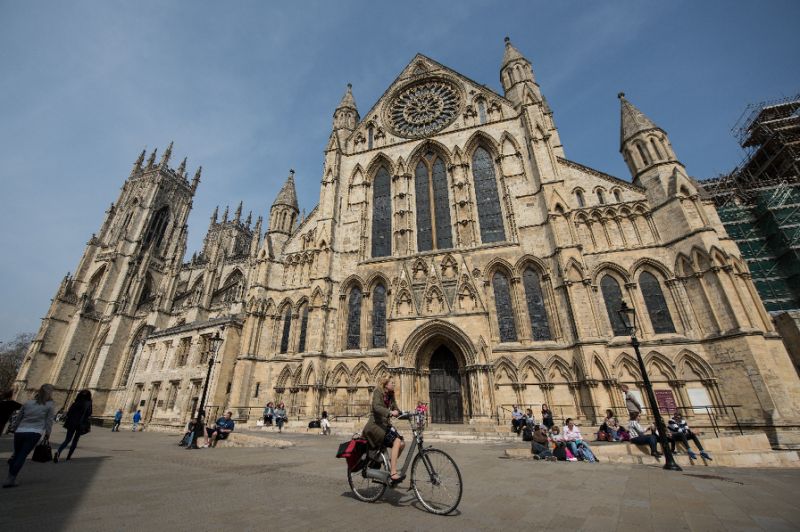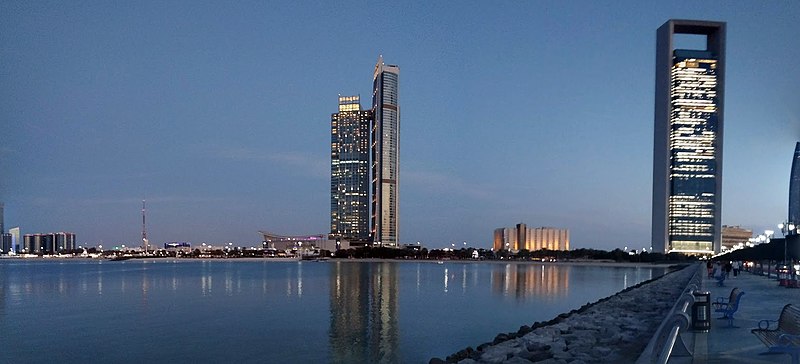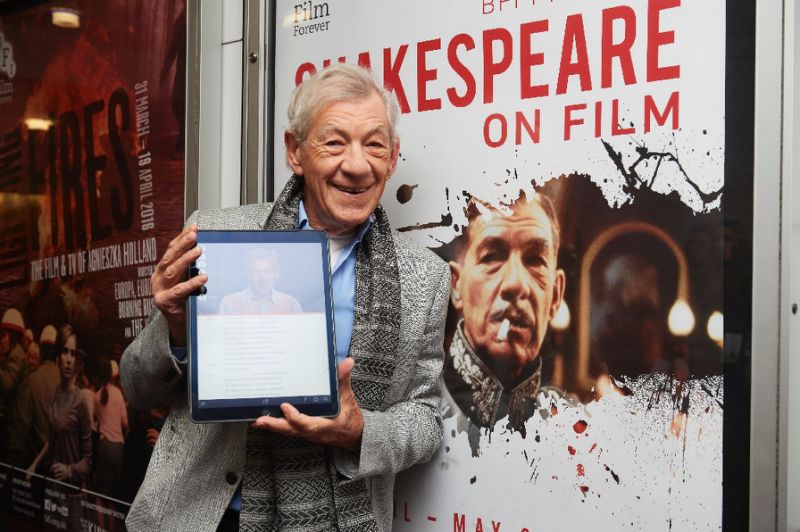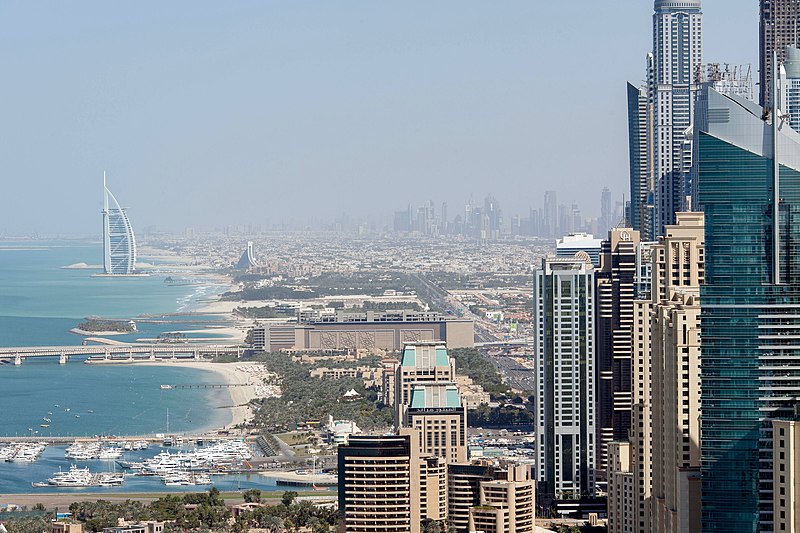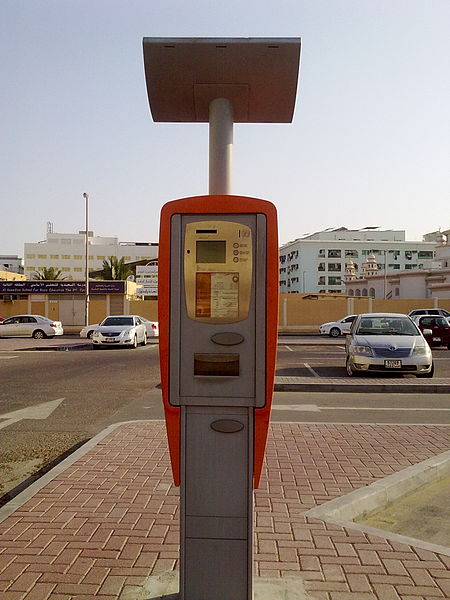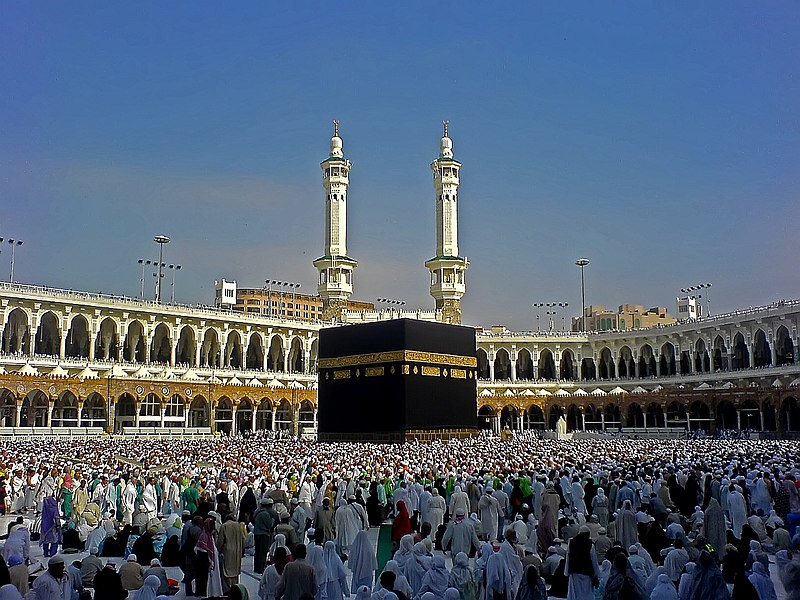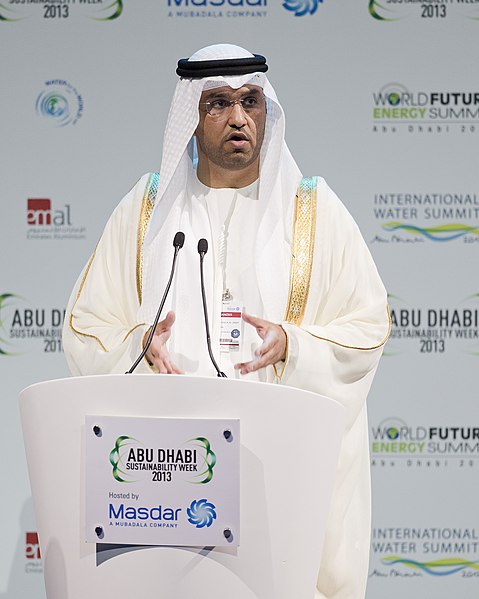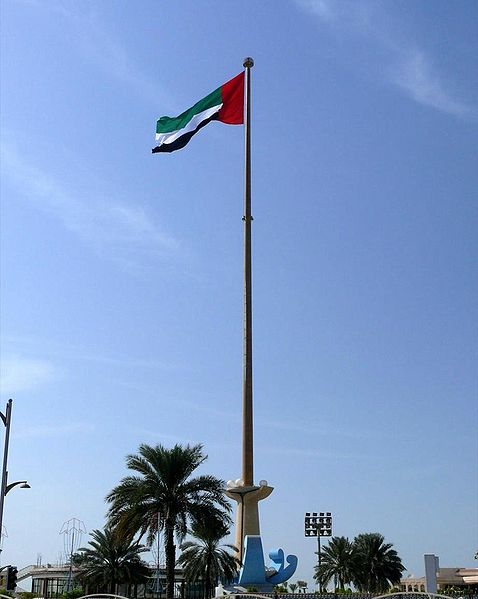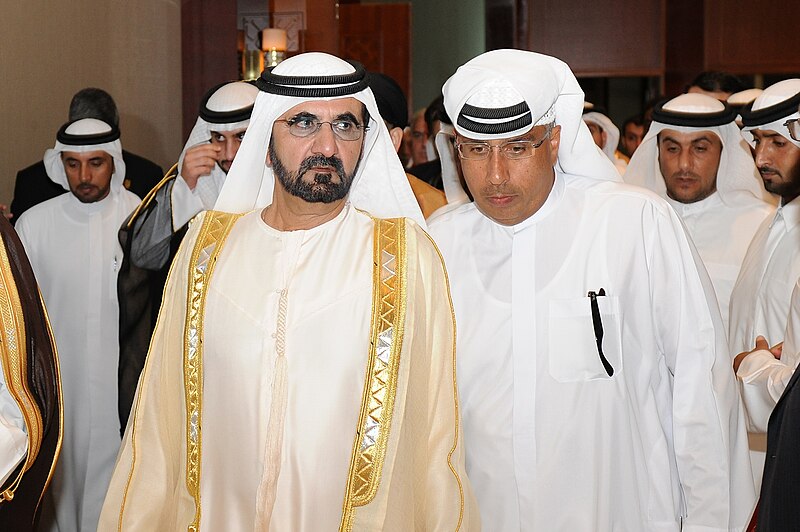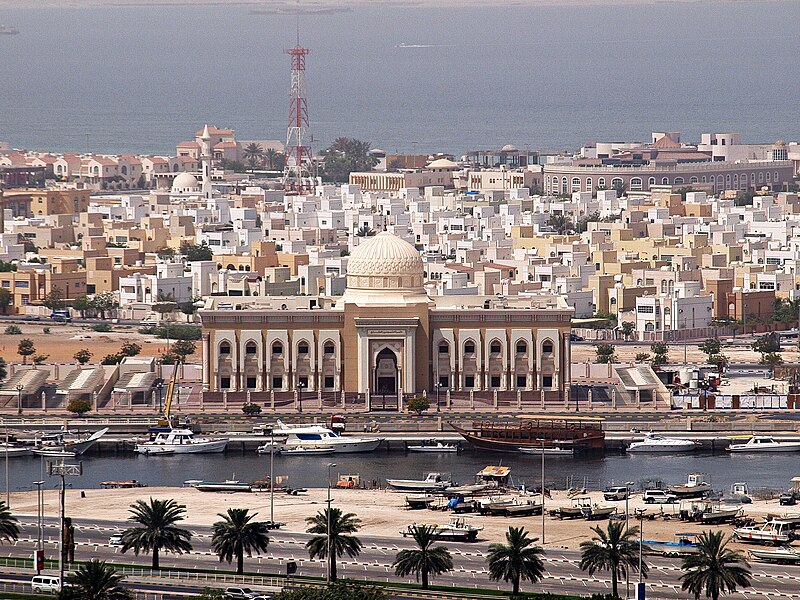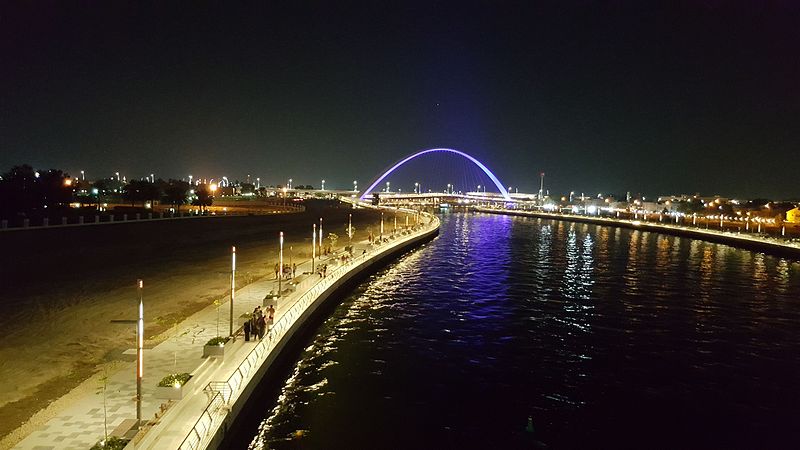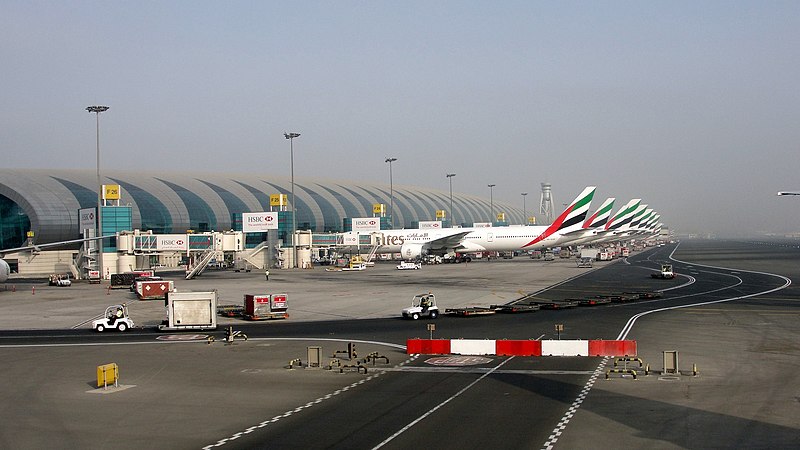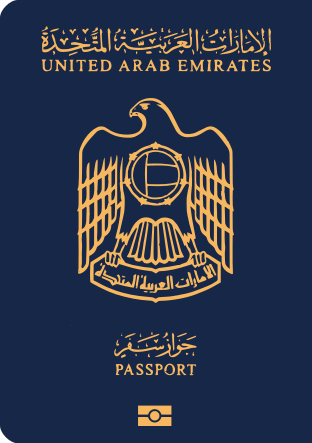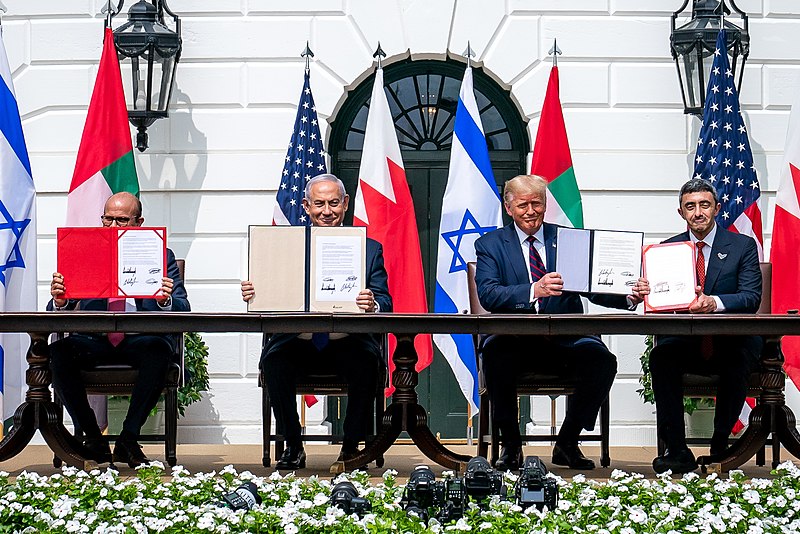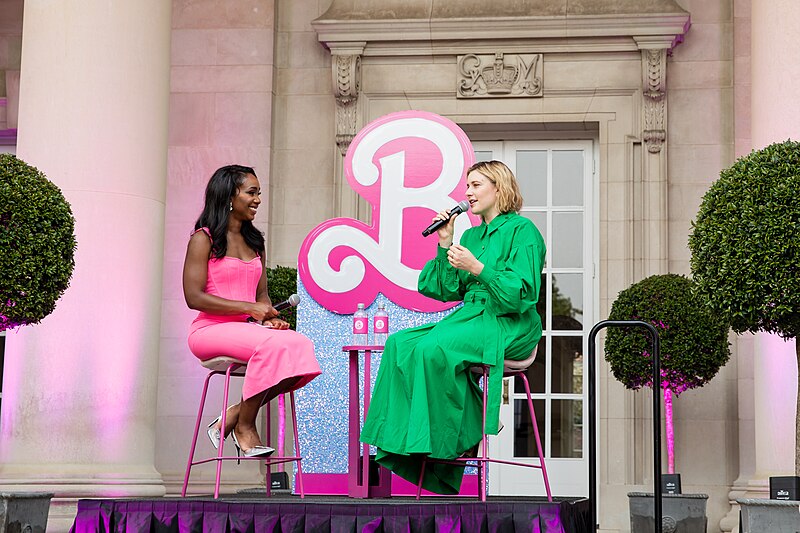
Kuwait and Lebanon have ignited controversy by moving to ban the upcoming release of the film 'Barbie' in the Middle East. The movie, which is set to open on August 10th, has come under
fire from these countries for allegedly challenging conservative values. This move has raised concerns about the widespread availability of the film in the region.
Despite the fact that the film does not contain any explicit references to LGBTQ+ rights or overt sexuality, it has faced criticism due to its vibrant and inclusive message of gender equality and acceptance. This message clashes with the prevailing cultural norms in the Middle East, where homosexuality is often considered taboo.
Kuwait made its ban announcement on Wednesday, stating that the film promotes ideas that are incompatible with Kuwaiti society and public order. The statement was released by the state-run KUNA news agency. In Lebanon, Culture Minister Mohammad Mortada asserted that the film contradicts the values of faith and morality, accusing it of promoting homosexuality and sexual transformation. Mortada's request for the ban has been sent to Lebanon's General Security Agency, responsible for censorship decisions.
This prohibition has sparked outrage in Lebanon, a country that historically demonstrated some degree of tolerance towards the LGBTQ+ community. However, this tolerance has eroded over the years due to the increasing influence of powerful Islamist and far-right Christian groups amid a severe economic crisis.
'Barbie' features an ensemble cast including Kate McKinnon, who identifies as gay, and transgender actor Hari Nef. While many members of the LGBTQ+ community have embraced the film's message, some have criticized it for propagating a heteronormative narrative. Despite this controversy, the Warner Bros. production has achieved remarkable success globally, grossing over $1 billion in less than a month since its initial release.
Originally planned for release on August 31st, the film's Middle Eastern premiere date was moved forward, suggesting that any potential censorship issues had been resolved. Film releases in the region often face delays to accommodate censorship procedures. Notably, Vietnam banned the distribution of 'Barbie' last month due to a scene featuring a map depicting disputed Chinese territorial claims in the South China Sea.
This situation brings to mind another recent incident involving a summer blockbuster. In June, 'Spider-Man: Across the Spider-Verse' was abruptly removed from cinema listings across the Middle East due to a brief appearance of a transgender poster in the background. While the film wasn't screened in Lebanon, the decision was attributed to regional distributors' choices. Warner Bros. has yet to respond to inquiries regarding potential censorship of 'Barbie' for its Middle Eastern release. Photo by UKinUSA, Wikimedia commons.
